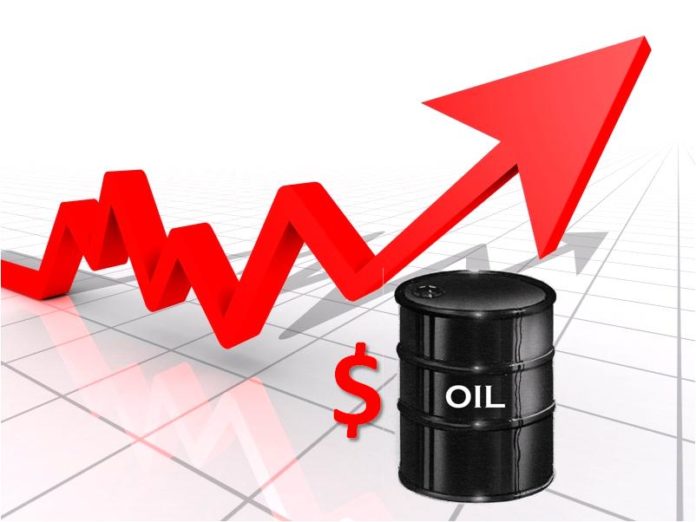The price of petrol and diesel is soaring in the United Kingdom as Russian aggression means the cost of filling up is increasing in response to fears of an oil shortage in European countries
Latest news reports showed that petrol prices had topped 150 pounds a litre for the first time ever
RAC spokesman, Simon Williams, said the price of the average litre of unleaded petrol rose to 151.25p on Sunday, with diesel at 154.72p.
He told Sky News: “This makes a full tank of petrol for a 55-litre family car £83 and diesel £85. The average price of both fuels has shot up by more than 1.5p since Thursday.”
The RAC keeps its own index of fuel prices, as does the government.
Government figures, released every Tuesday, showed that Brits are already paying more than ever to fill up their cars.
The average price of a litre of petrol on February 22 was 147.7p, and diesel 151.95p. The previous record for petrol was 147.53p, set in November 2021.
Tom Tugendhat, chair of the Foreign Affairs Committee, told the BBC last week that petrol prices could rise to “significantly” more than £1.70 a litre.
The hike in fuel pump price is linked to last Thursday Russia’s full-scale invasion of Ukraine. The conflict has already caused hundreds of deaths, according to reports. But the conflict will also have a knock-on economic impact across the world – especially in the UK.
Prime minister Boris Johnson has already warned that “one of the risks of Putin’s venture is that there could be a spike in… oil prices”.
The cost of a barrel of Brent crude has risen to $105 (£78.34) a barrel. This has happened due to fears oil might become a lot harder to trade.
Russia is the world’s second-biggest oil producer, and mainly sells to other European countries.
Depending on how the conflict goes, this could mean disruption to the normal supply of oil – and even higher prices.
The Ukraine conflict could also mean another rise on energy bills for Brits. Again, this would be due to the usual flow of gas being affected by the war.
Russia provides about 35% of the gas used in Europe, and British homes are heavily reliant on gas. Most homes (86.3%) have gas central heating, the Office for National Statistics has said.






